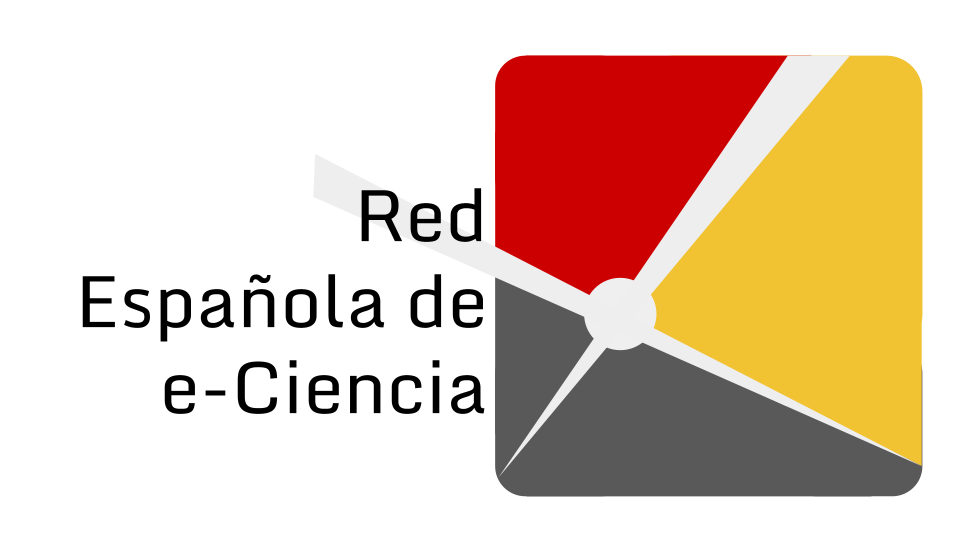Distributed Computing
The distributed computing research infrastructure is coordinated in a partnership with Portugal through the Iberian Grid Infrastructure (IBERGRID, NGI-EGI). IBERGRID federates and operates distributed computing and data resources across the Iberian area https://www.ibergrid.eu. IBERGRID is based on the infrastructure coordinated by the National Grid Initiative in Spain, and INCD in Portugal. The infrastructure relies on the EGI federation services to federate at European scale. In EOSC IBERGRID provides core services for the ESFRI LifeWatch, generic infrastructure services, training for user induction, and support to the development and deployment of innovative services for researchers in the EOSC https://wibergrid.lip.pt/site/eosc-portal/. It is a Spanish-Portuguese Network governed and funded by a stakeholder party (RPOs, Universities, or Public Partnership).


